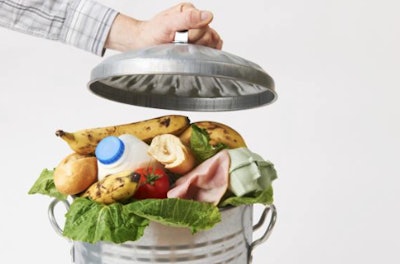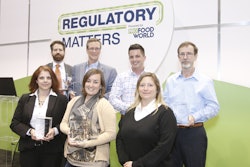
The Harvard Law School Food Law and Policy Clinic, with support from ReFED and Food Policy Action, has released the report, “Opportunities to Reduce Food Waste in the 2018 Farm Bill.” In it are recommendations to reduce food waste that Congress can implement through the next farm bill, which is coming up for reauthorization next year. The report focuses on ways to reduce food waste at its source, help surplus food get to hungry people and divert food waste from the landfill, and presents a variety of solutions, from small modifications involving established programs to new initiatives that could create larger-scale action and awareness.
Each year, the US spends over $200 billion for food that is uneaten. Forty percent of the food produced in the US ends up in landfills; 20 percent of the agricultural water, cropland and fertilizers in the US is used to produce wasted food.
The Harvard Law School Food Law and Policy Clinic (FLPC) was established in 2010 to address growing concerns about the environmental, health and economic consequences of the laws and policies that structure the food system. FLPC attorneys provide action-learning opportunities to Harvard Law students, who conduct legal and policy research focused on increasing access to healthy foods, assisting small-scale and sustainable farmers in breaking into new commercial markets, and reducing the waste of healthy, wholesome foods.
To read the report, go to http://www.chlpi.org/wp-content/uploads/2013/12/Opportunities-to-Reduce-Food-Waste-in-the-2018-Farm-Bill_May-2017.pdf.





















